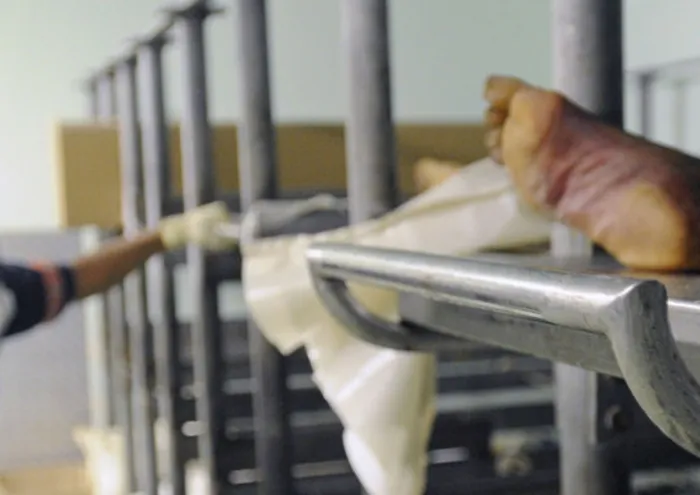85% of unclaimed remains await DNA sampling and statements from SAPS

SAPS says burial cases are treated as priority cases and all DNA samples submitted for testing are being processed or have been finalised.
The SAPS says burial cases are treated as priority cases and all DNA samples submitted for testing are being processed or have been finalised.
The SAPS was responding after calls were made by labour unions for the government to tackle the issue of unclaimed bodies in mortuaries.
It was reported last week that the health department had revealed that as of August 2024, 3 186 bodies remain unclaimed nationwide, with KwaZulu-Natal accounting for 1 527 cases, while the Eastern Cape has 526.
The KZN Health Department said it acknowledged the issue of unidentified and unclaimed bodies in mortuaries and was working with the SAPS to speed up the tracking of families.
SAPS national spokesperson, Brigadier Athlenda Mathe, said all samples submitted by the Department of Health and Forensic Pathology facilities are either finalised or in process, with the recently submitted samples currently being processed in the laboratory.
“The FSL (Forensic Science Laboratory) handles burial cases as priority cases in order for the affected family to bury their loved ones.
“It must be noted that all KZN flood-related deceased cases and the submitted biological relatives’ samples (buccal) have been processed, and in those where biological relationship (kinship) could be established, reports have been issued to the respective police and forensic pathology facility managers.
“Currently, what is outstanding for biological confirmation through DNA is because no living biological family has been processed, which may include undocumented illegal foreigners,” said Mathe.
KZN Health spokesperson Ntokozo Maphisa said: “Approximately 85% of unidentified or unclaimed human remains in our mortuaries are awaiting DNA sampling and pauper statements from SAPS before proceeding with pauper burials. We are actively engaging with SAPS to expedite their processes in tracing relatives and issuing pauper statements to mortuaries, ensuring burials take place within the 30-day period mandated by legislation.”
Maphisa said after the SAPS investigations are finished and the required statements are issued, unclaimed bodies are buried as paupers.
“DNA samples and fingerprinting are now collected by our facilities and sent to the Victim Identification Centre (VIC) in Pretoria. While there are backlogs in receiving results from the VIC, pauper burials are conducted as soon as SAPS finalises their investigations,” he said.
The National Education Health and Allied Workers’ Union (Nehawu) raised concerns over the state of government mortuaries in KZN.
The union criticised the Department of Health for the poor working conditions in mortuaries and the lack of progress in addressing the issue of unclaimed bodies in mortuaries.
“There are still unidentified bodies from the 2021 July unrest and the 2022 Durban floods lying at the mortuaries with absolutely no plan from the Department of Health,” the union said in a statement.
The union also highlighted problems such as broken fridges, lack of chemicals, and staff shortages.
Nehawu submitted a memorandum of demands to the head of department, Dr Sandile Tshabalala, last Friday at Fort Napier Medico-Legal Mortuary in Pietermaritzburg.
DA spokesperson on Health Dr Imran Keeka said the issue pertained to only a few facilities.
“I am aware that in all cases, the Department of Health has completed their part in that post-mortems, samples of DNA and other processes have been completed. The wheels fall off when SAPS, DNA sampling and municipalities do not come to the party.
“There are delays from investigating officers, identification through DNA and clearing these backlogs, families that do not come forward, and not enough being done by municipalities whose responsibility it is to ensure burials of unclaimed bodies.”
Keeka said it is important to clarify that the Department of Health’s primary responsibility is not to conduct burials, but rather to provide “temporary storage for deceased individuals” until all necessary processes and arrangements have been completed.
“It is indeed sad and worrisome at the same time that we have this situation. If burials or cremations are undertaken where processes are incomplete, this may hamper ongoing investigations and justice, and will be disrespectful to the deceased and their families who may still be waiting for closure,” said Keeka.
The Mercury
Related Topics: